UM academics react to the Nobel Prize in economics
This week, the Royal Swedish Academy of Sciences awarded the Sveriges Riksbank Prize in Economic Sciences in Memory of Alfred Nobel 2019 to Abhijit Banerjee (MIT), Esther Duflo (MIT) and Michael Kremer (Harvard) for their work to alleviate poverty. All three Laureates were recognised for pioneering an approach to obtaining reliable answers to fight poverty across the globe. Esther Duflo is the youngest ever laureate, and the second woman after Elinor Ostrom a decade ago.
The news of the prize was received with great enthusiasm here in Maastricht. We spoke to several academics with expertise in the field of development economics to hear their initial thoughts.

Zina Nimeh
Assistant Professor / Coordinator Social Protection Policy Design & Financing Specialization
Areas of expertise: human development, social exclusion, poverty & inequality
‘I think that it is about time that we recognise economists who have been doing work on the ground. The fact that the prize was awarded to an experimental approach to tackle poverty is an inspiring new development that shows that the field of economics is changing and evolving.’
‘I am very familiar with the laureates’ work as I regularly use the resources from the Abdul Latif Jameel Poverty Action Lab for my master’s class on poverty and inequality. I became personally very interested in Duflo’s work in particular after a lecture she gave in 2017 at the American Economists Association called the Economist as a Plumber. I thought to myself “this woman gets the problem, and part of the solution is getting it”, so I hope that today she and her colleagues’ work gets more recognition. It is urgently needed at this time in which we are living.’
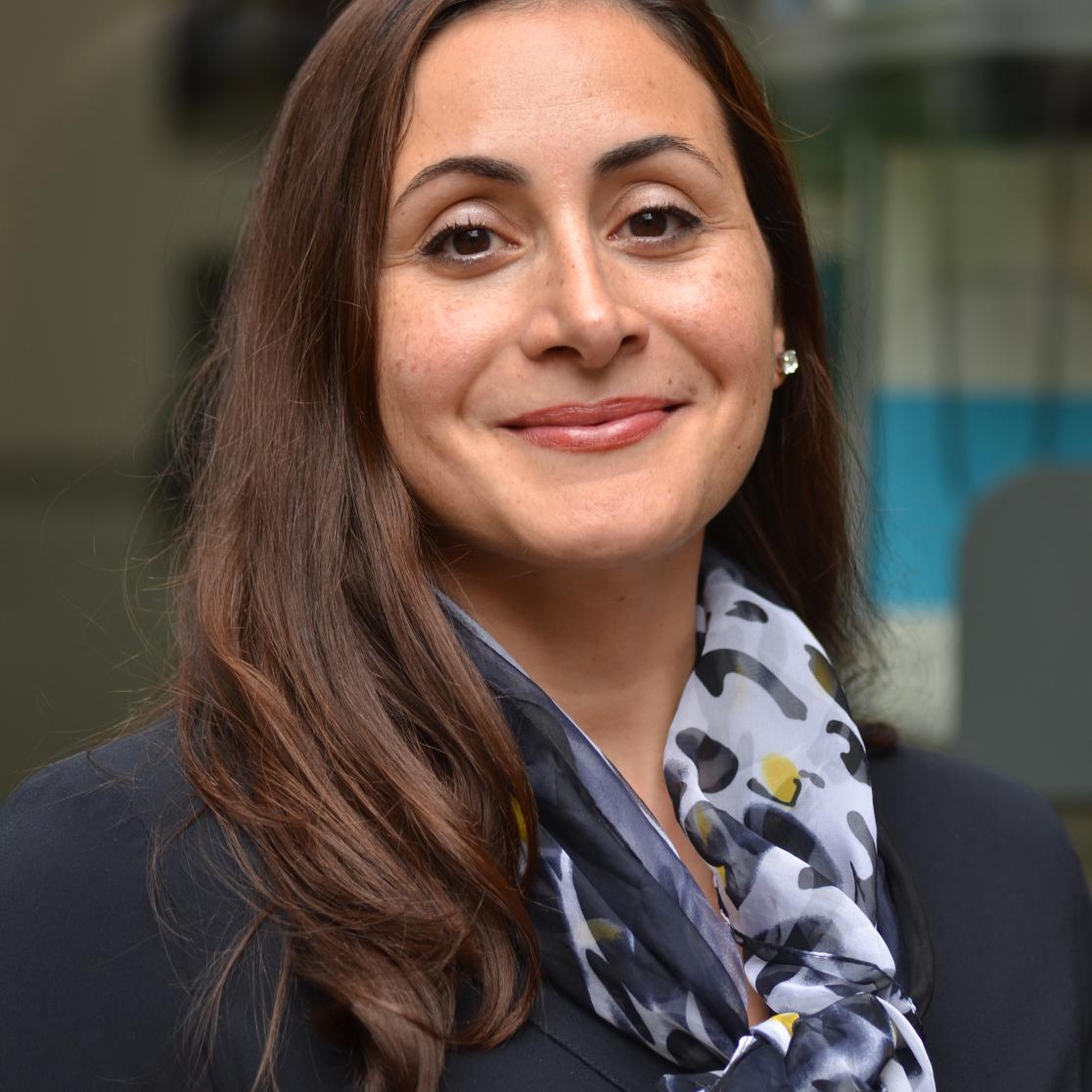
Franziska Gassmann
Professor Social Protection and Development
Areas of expertise: policies for the reduction of poverty, particularly social protection, and the measurement and analysis of poverty and vulnerability
‘I am particularly pleased that a woman, Esther Duflo, got the prize. I also liked that Esther Duflo made it very clear on social media that this prize is not only for her but also for all the research assistants, data collectors, interviewers, etc. that helped implement the experiments. This is easily forgotten. Chapeau!’
'I was surprised by type of research for which these three received the prize. The use of randomised field experiments to test policy interventions has become very fashionable in impact evaluation research; however, this approach can also be criticized as policy evaluation needs more than randomised trials. Evaluating existing policies requires alternative methods that should not be neglected. Moreover, there are ethical concerns about the experiments and questions about whether interventions tested and approved by field experiments will maintain the positive effects once implemented by national governments. The latter is what is needed to eventually reduce poverty in a given country.’
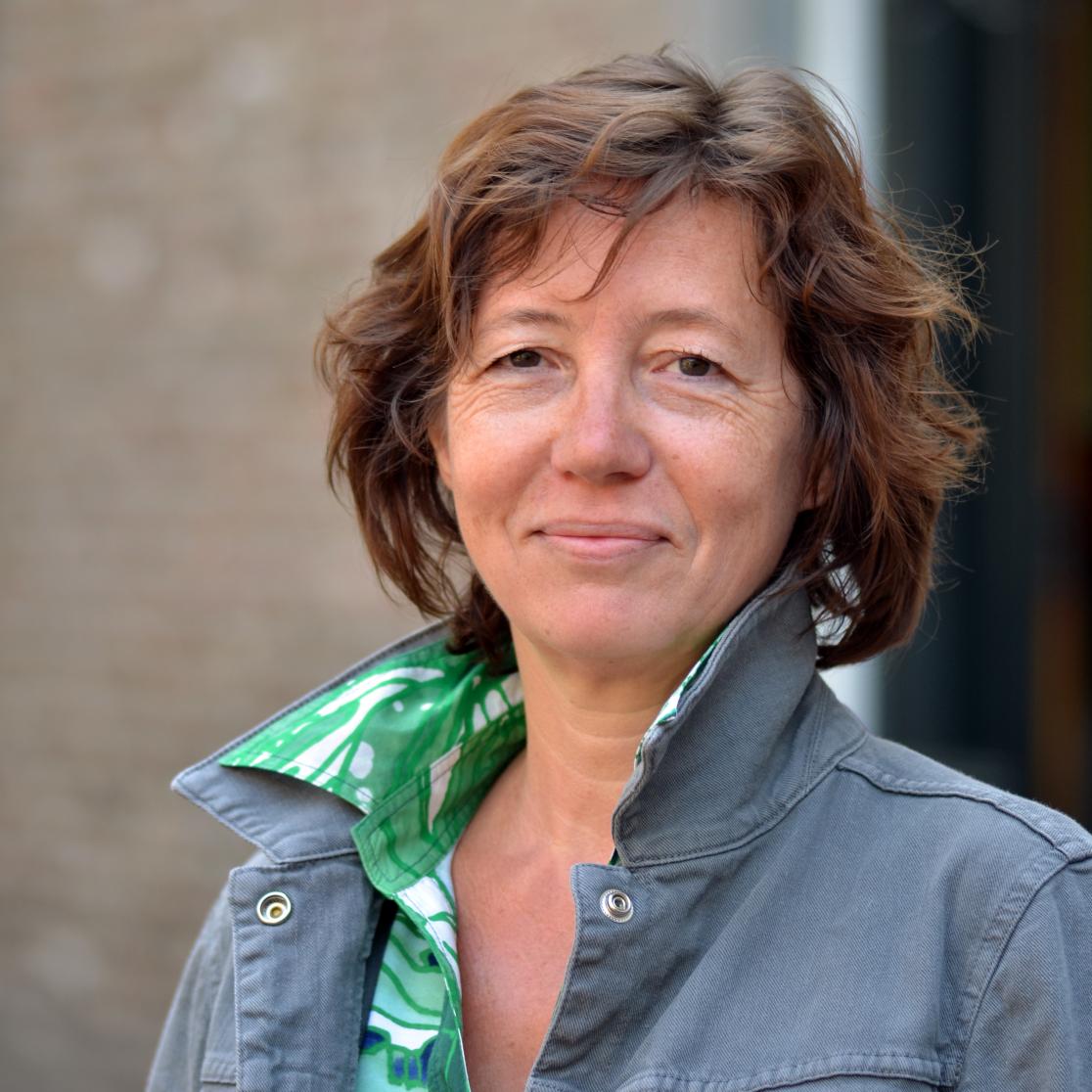
Melissa Siegel
Head of Migration Studies, Professor of Migration Studies
Areas of expertise: migration and development
‘I think that the choice of the winners makes sense given the recent global push to achieve the sustainable development goals. It seems like the right time for a Nobel Prize in economics focused on development.’
‘When I heard the prize was won by a woman, I didn’t think much of it. For me, it is normal that a woman would be good enough to win the prize. Of course, it is true that historically we have not seen many prizes in economics go to women so I do think Duflo will serve as a role model. However, I do hope that in the future, there will be less focus on the fact that one of the prize winner’s is a woman because this will just be normal.’
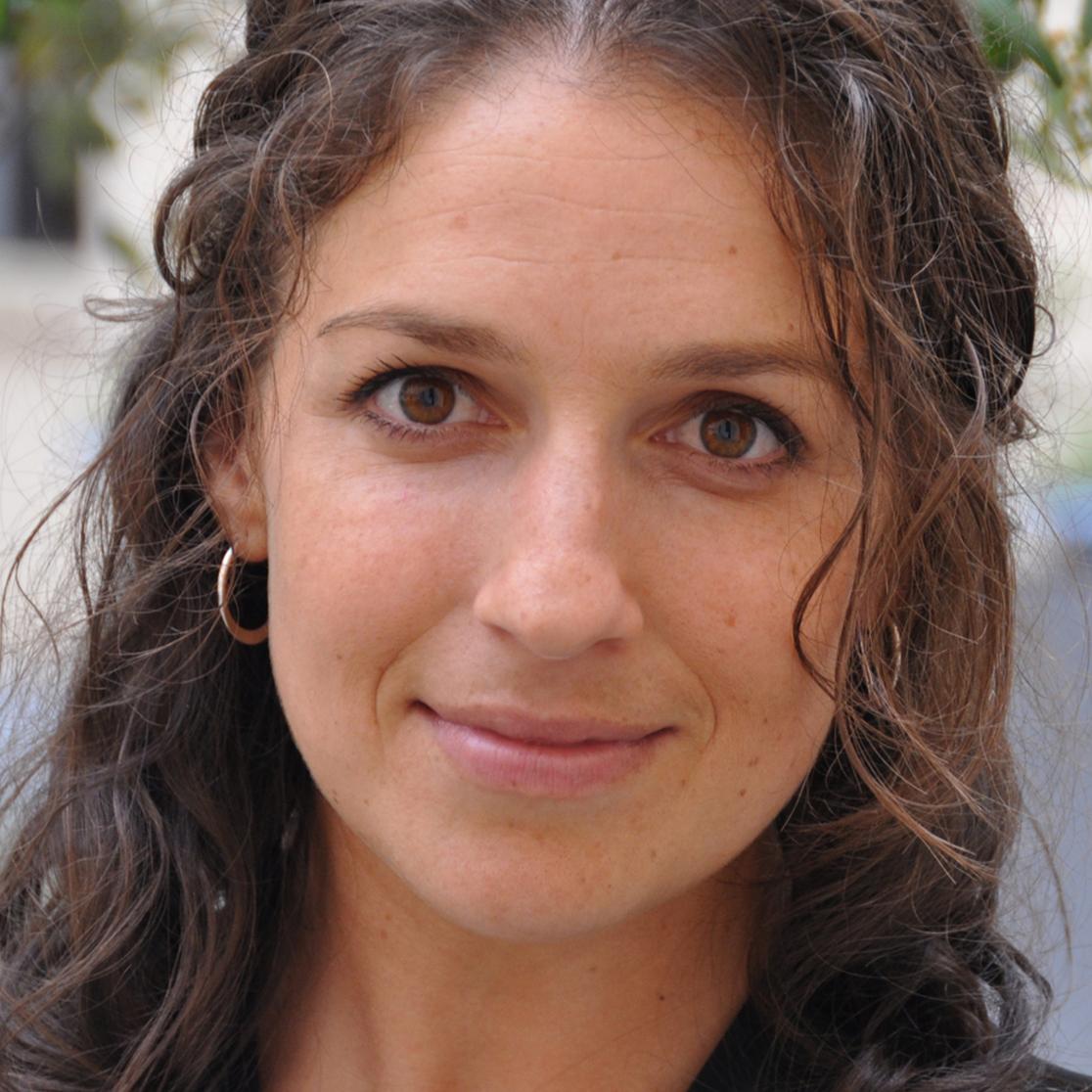
Kristof Bosmans
Associate Professor
Areas of expertise: inequality and poverty measurement, social choice theory, individual choice under risk, empirical research on opinions concerning issues in welfare economics
'It is a deserved prize for scholars who have transformed their field of development economics and who have greatly increased our understanding of poverty.'
'More and more women are becoming active in economics, so we are bound to see more and more women winning the Nobel prize. Obviously, this is a good evolution and we can only hope that the prize stimulates women to take up a career in economic research. That being said, Esther Duflo received the prize because she deserved it on the basis of her ground-breaking research, and not because she happens to be a woman.'
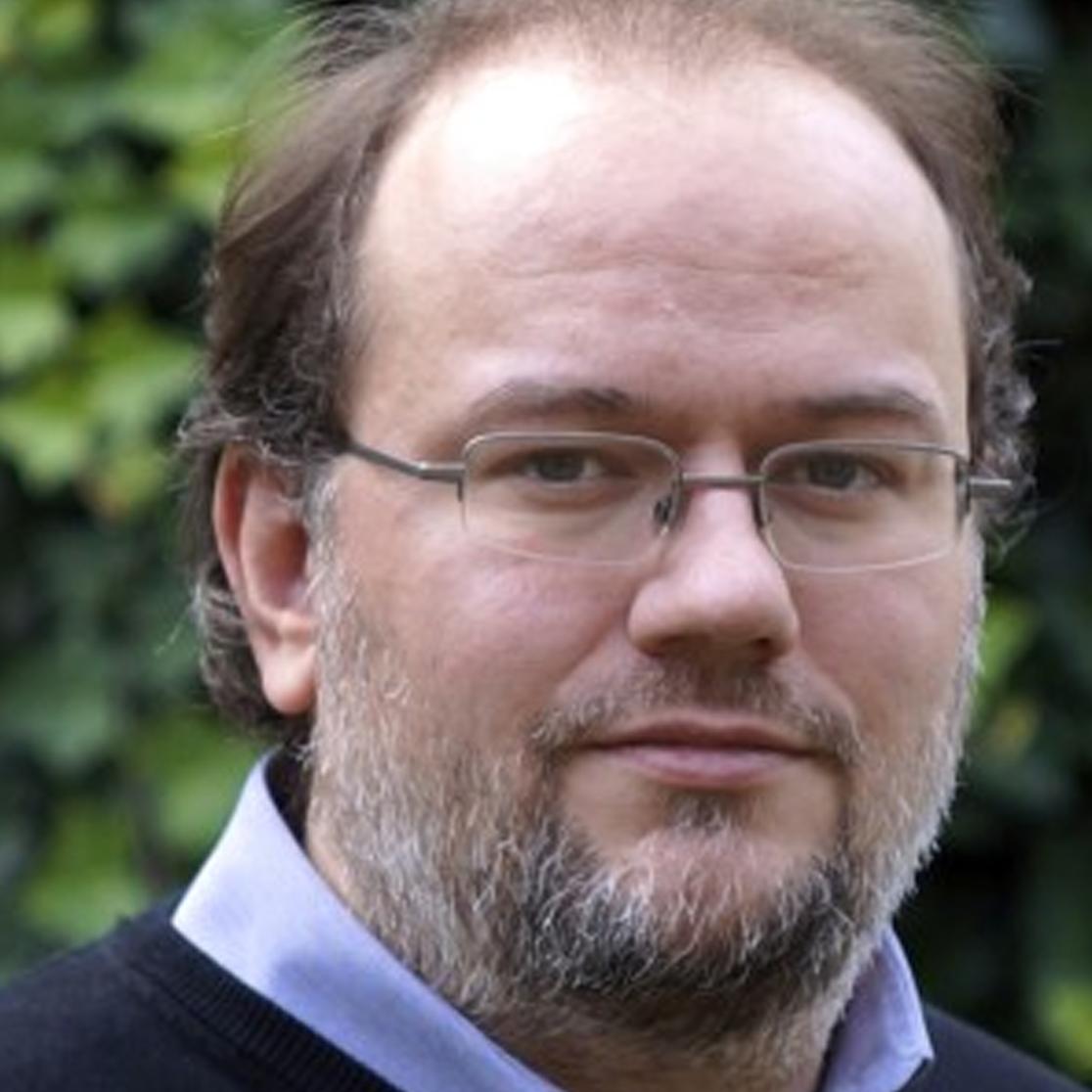
Tania Treibich
Assistant Professor
Areas of expertise: agent-based macroeconomics, industrial dynamics, trade
‘When I first heard about this year’s prize winners, I was a bit surprised because they are quite young in Nobel Prize terms - their main contributions are from the 2000s. I was also quite happy that development economics with a particular focus on poverty alleviation was rewarded. I hope this will have a further impact on policy; for example, Esther Duflo has been quite critical of President Macron's view on how to address these issues.’
‘I think it is very important that the prize went to a woman as female role models are needed in our field. Of course, Esther Duflo is only the second woman to obtain this award, so we are quite far from achieving gender equality! When Elinor Ostrom received the prize, she was criticized for not being a "true" economist; I expect that Esther Duflo will be criticized because of her young age...’
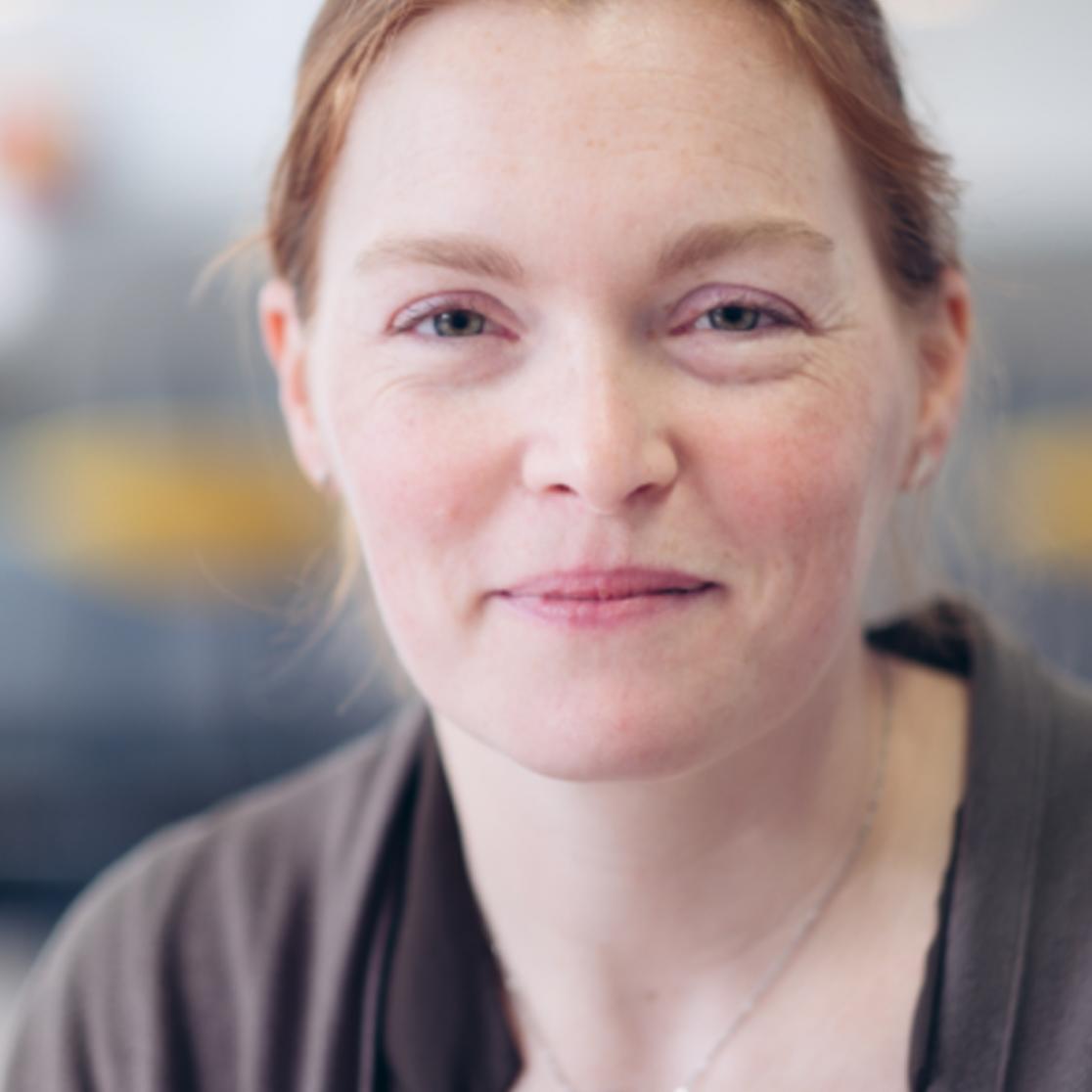
Eleonora Nillesen
Professor Public Policy and Development
Areas of interest: institutions, economic development, field experiments
'I think that the award is a well-deserved recognition for the field of development economics. I was not surprised that these three scholars were awarded the prize: they really changed the way we now think about evaluating the effectiveness of development (policy) interventions.'
‘My own work is very much inspired by the work of Duflo, Banerjee and Kremer - I’m involved in various randomised control trials in Sub-Saharan Africa and Asia as well as other smaller field experiments that help us better understand how people make decisions under various constraints. I also teach a course on program and policy evaluation in which students learn about experimental and quasi-experimental methods and their application to relevant policy interventions.’
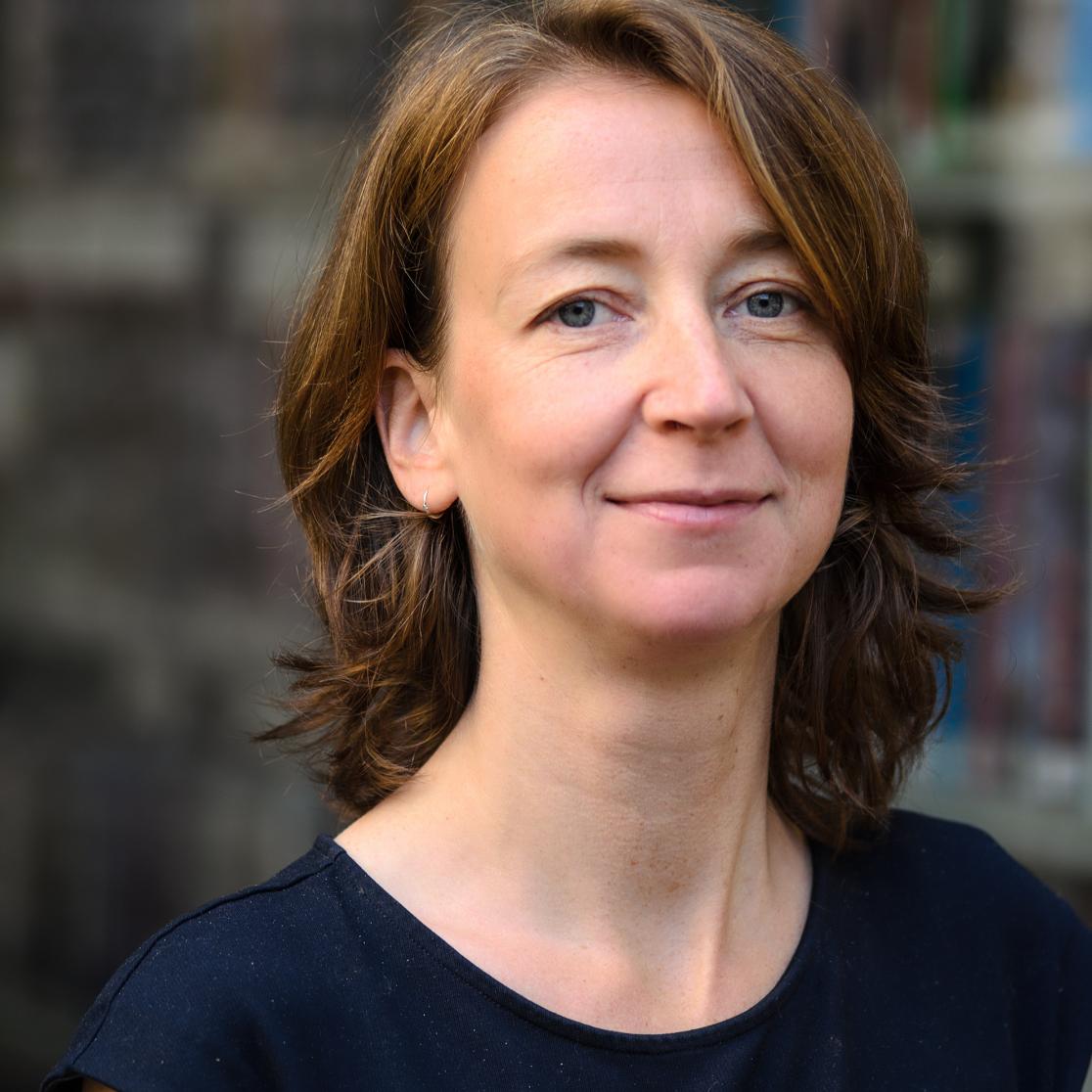
Also read
-
Maastricht University recognised among top institutions in CEO Magazine’s 2025 Green MBA Rankings
We are proud to share that Maastricht University School of Business and Economics has been recognised as a top-ranked institution in the CEO Magazine 2025 Green MBA Rankings.
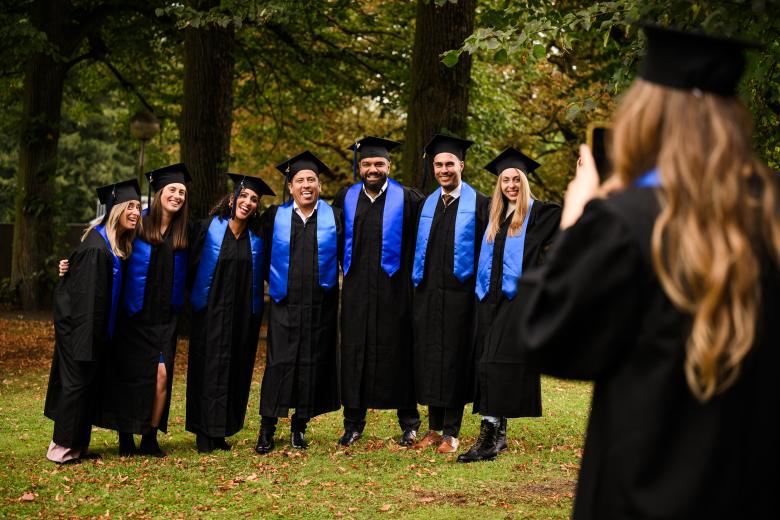
-
Global recognition for SBE’s Executive Education by Financial Times
We are proud to announce that Maastricht University School of Business and Economics (SBE) has secured an impressive global ranking of 84th in the Financial Times Open-Enrolment Executive Education Ranking 2025.
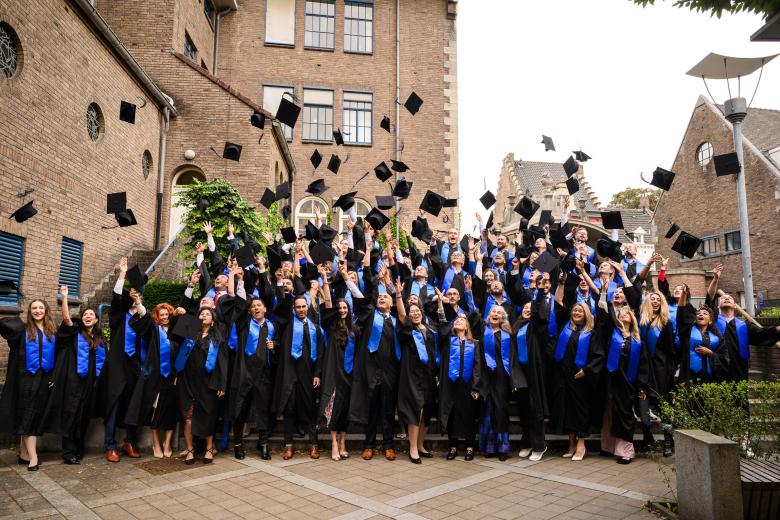
-
SBE Researchers Awarded in NWO SGW Open Competition XS
The School of Business and Economics (SBE) at Maastricht University proudly announces that all three research proposals submitted to the latest NWO SGW Open Competition XS have been awarded funding. This exceptional outcome highlights the high calibre of SBE research and its relevance to societal...
